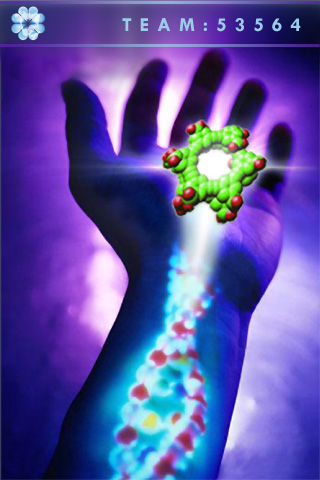Ask Ronit
 I Like Your Ponytail, A Story About Commitment
I Like Your Ponytail, A Story About Commitment
“I like your ponytail.” I said in a playful manner. “Ponytail?” he repeated in a thick French accent. There and then began the most extraordinary odyssey of my life.…
Avoid 90% of the Pesticides in Food, by Avoiding 12 Foods
Why should you care about pesticides in your food?For starters there may be as many as twenty pesticides on a single piece of fruit you eat.…
Dear Mrs. Black,It was January 1967 when this 11 year-old, frightened, little Israeli girl walked into your classroom for the first time. I had only arrived in the country two weeks before.…
With sex all around us, oozing out of our televisions, theaters, magazines, fashion, on the streets, one would think we are the most sexually informed, open and comfortable nation on the planet.”…
I’m sure by now you all have noticed the ongoing meltdown in the mortgage industry. The cause of this whole mess is a little bit complicated, rooted in both the structure of the mortgage industry, and human nature. I’ll try to explain both factors here in layman’s terms.…
Breaking old habits; Creating new Ones
We are mostly habitual beings. Webster defines habit as an acquired mode of behavior that has become nearly or completely involuntary.…
Navigation
Innovation
Folding at Home: Help cure diseases with your personal computer.
By leor
 Folding@home is a distributed client computing effort by Stanford University intended to help understand how proteins assemble or "fold." Exactly how proteins assemble themselves is a mystery, and why proteins sometimes fold improperly or "misfold" is also not fully understood. Many serious diseases are related to the misfolding of proteins, such as Alzheimer's, Parkinson's disease, Cystic Fibrosis, Mad Cow Disease, and several forms of cancer. By donating your CPU's spare cycles, you are contributing to an effort to understand how proteins fold, which is the first step to understanding how basic proteins work and how we might treat these diseases. When you are not using your computer, the processor will run simulations of different proteins and the way they assemble to better help scientists understand why they do what they do.
read more »
Folding@home is a distributed client computing effort by Stanford University intended to help understand how proteins assemble or "fold." Exactly how proteins assemble themselves is a mystery, and why proteins sometimes fold improperly or "misfold" is also not fully understood. Many serious diseases are related to the misfolding of proteins, such as Alzheimer's, Parkinson's disease, Cystic Fibrosis, Mad Cow Disease, and several forms of cancer. By donating your CPU's spare cycles, you are contributing to an effort to understand how proteins fold, which is the first step to understanding how basic proteins work and how we might treat these diseases. When you are not using your computer, the processor will run simulations of different proteins and the way they assemble to better help scientists understand why they do what they do.
read more »Demystifying Computers for the Mystified.
By leor
Computers can be very intimidating for the uninitiated, so I'm writing this article in an attempt to demystify them. I'm going to focus on the hardware level, this should help the next time you have a computer problem, and the technician spews forth a bunch of techno babble.
Computers are essentially large, expensive legos. They are assembled in a modular fashion from components that have specific functions. These parts are pretty durable, and easy to assemble, but as with most things, the devil is in the details. read more »

 My Hero
My Hero We Are Sexual Beings
We Are Sexual Beings The Banking Implosion
The Banking Implosion









